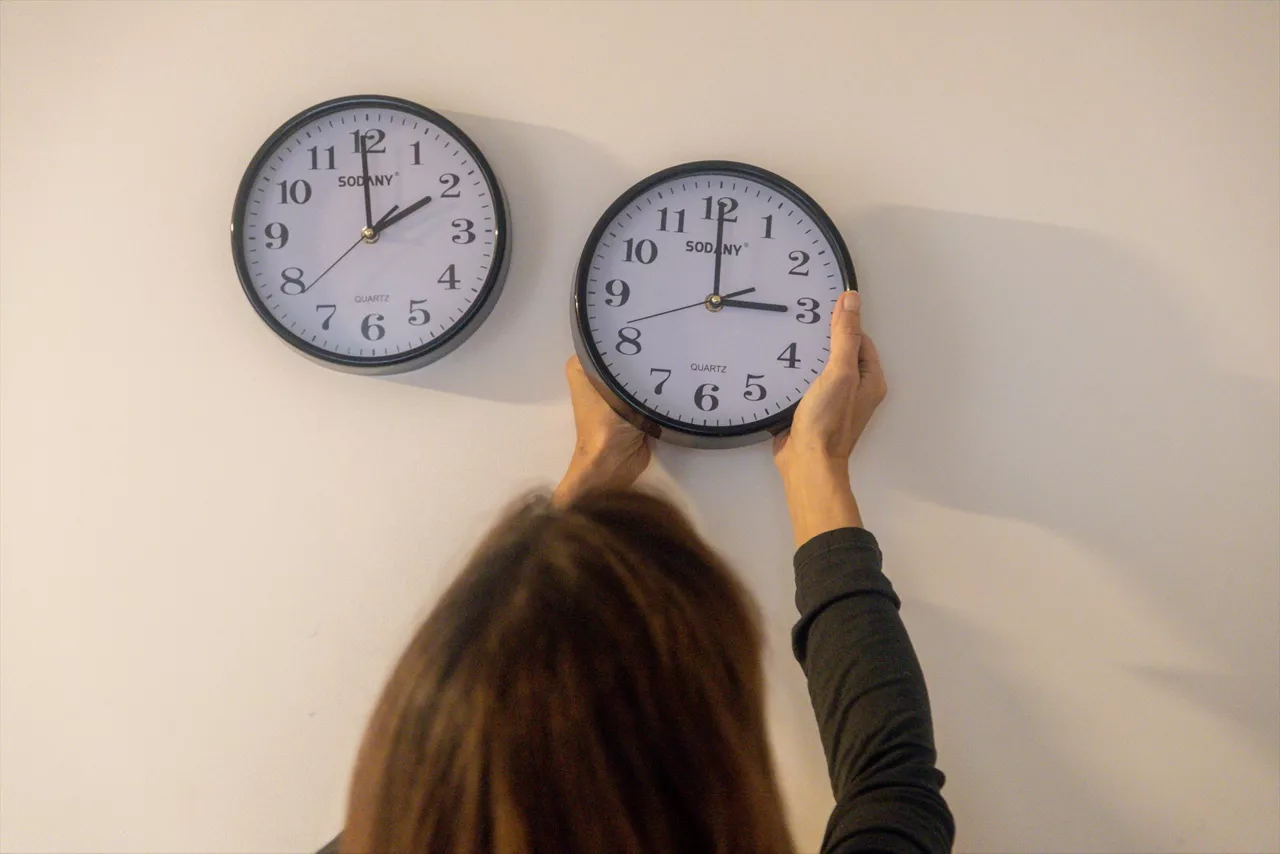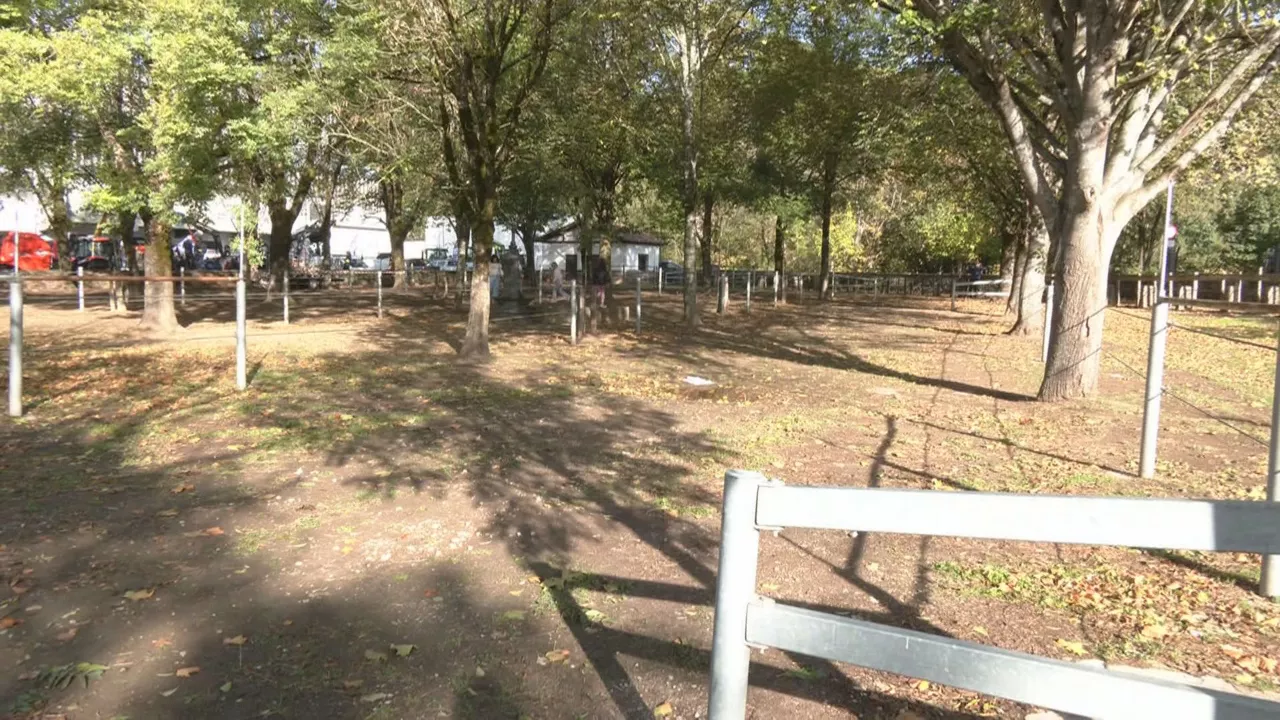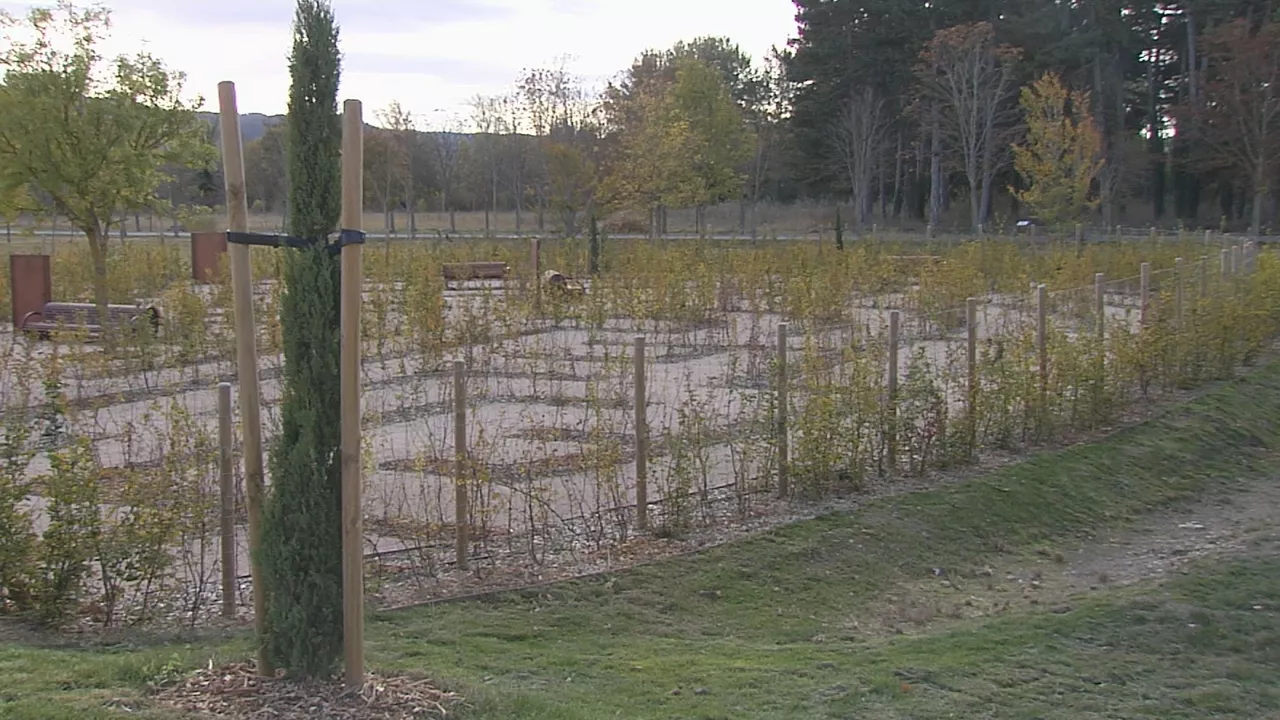GMT 0, +1 or +2: What time zone does the Basque Country have?
In 1884 the system was introduced, which has reached us to the present day: the world was divided into 24 time zones. Both Spain and France placed their clocks in the corresponding area: GMT 0. But after the Civil War, the two states occupied the time zone GMT+1, to join Berlin, and in summer they advance another hour.

Puesta de sol desde Bidart. Photo: EITB
Althoughin 2021 the European Parliament asked the European Commission and the Member States to coordinate in order to put an end to the time changes and decide which time zone to stay in, the demand remained instand by until this Monday Spanish President Pedro Sánchez returned the matter to public debate.
Sanchez will propose totheCouncil of Europe on Monday to end the change that we make twice a year because it "no longer makes sense." Sánchez has said that it barely helps to save energy and has a "negative impact" on people's health and lives.
The debate will no longer affect the next change of time: on the last Sunday in October, at 03:00, it will be 02:00 again, and we will move from summer time to winter time. However, if Sanchez's proposal goes through, it could be the last change of time.
Why do we change the time?
And why do we change clocks between Marchand October? It is a change of time created to use more hours of sun. It began to be used during World War I. According to Adrian Diez, professor of geography at the University of La Rioja and UNED, "with the aim of extending factory production by an additional hour in spring and summer, so that the hours of light will be extended in the afternoon." This measure was not applied uniformly throughout the 20th century.
The head of the Efficiency Area of the Basque Energy Organization, Jose Manuel Borque, has explained that summer time "tosave electricity and consumption in artificial lighting, to take advantage of the hours of natural light in buildings with windows, offices, schools, homes or works on the street. "
According to Professor Diez, research in Europe and the US "does not deny energy savings," but they say that this is "minimal, especially given the technological development applied to low energy consumption and buildings, for example. "
According to Borque, "although there is a potential saving in theory, recent studies have shown that savings are not as high as they previously thought, and depend largely on each other's consumption habits. In other sectors, such as industry and transport, savings are insignificant. "

Time zones
The entire territory of the Basque Country, like Peninsular Spain and almost all continental France, is located in the time zone of the meridian Greenwich (GMT 0). However,our time zone is that of Central Europe (GMT +1), and we also change watches every summer to move one more hour away (GMT +2).
There was a time when every big city had its own time. In 1884, the system that has come to us to this day, the world was divided into 24 time zones. Both Spain and France had placed their clocks in their rightful zone: GMT 0.
Things changed after the Spanish Civil War. Professor Diez explains that "in 1940, in order for Spain's schedule to coincide with that of Europe, it was agreed to bring it forward by an hour, moving to the current Berlin or Central European Time (CET, GMT +2).
What is the effect of having an extra hour of sunshine in the afternoon today? Above all,itaffects the leisure , which is the economy. In Díez's view, "extending the hours of light at the end of the day generates more leisure time, improving data in this sector. But the energy consumption of these activities must also be taken into account at the end of the day, both in travel and in establishments, which could reduce this supposed energy saving by changing hours."
There are different opinions in the economic field, but it is clear that we spend that extra hour of summer afternoon on leisure, which also has consequences for our health. Our schedule, in any case,conditions our standardof living and is changing across the continent.
"We wake up and go to bed later than the European neighbours who have the same time zone as us," explains Díez. "In fact, the Sun comes out and comes in later." If we go to work here at 8:00, "in the European countries further east," they've done it about an hour earlier. "And the same thing happens at the end of the day." We don't agree, and the reason is simple: we're all in the same time zone, but we're much further west, "he explains.
This gap also affects productivity. "Other Europeans have the opportunity to work intensive days and reconcile family life in a simpler way, at least theoretically, they can concentrate their work in the mornings, waking up before us. Wouldn't it be easierto get up atthe same time of the usual sun , but when you look at the clock an hour earlier? "asks Díez.
Do we prefer to have one more hour of leisure in the afternoon? Can it benefit our courage. Or are we more comfortable having one more hour of light in the mornings?

What time zone would we stay with?
If it is finally decided to put an end to the time change, each EU country will have to decide which time zone it stays with for the whole year.
"The different criteria for choosing one schedule or another will depend on the factors specific to each country:climate , geographical location, customs, major economic activities... ", explains Borque, who explains that it will ultimately be a" particular "decision," very different "from one state to another.
Today there are three hours areas in the European Union and the biggest gap is ours. It remains to be seen the decision that each state is going to make, but the result could be a map of a lot of schedules. Nor should that be a problem. Professor Diez is in favour of 'matching clocks and suntime',' always consistent and practical with certain limits. 'There has often been talk of changing Galicia's schedule to GMT 0.
Galicia is the autonomous community where the difference is most noticeable. The BNG has often asked for a time zone for Galicia because, although it is in the same longitude as Portugal, it lives an hour later. If the Spanish state decided to extend summer time to the whole year, in December the Galicians would not see the Sun until 10:00.
What is going to happen on both sides of the border? Uno time will Spain and France remain in a two-hour gap? Are they going back to winter time, reducing that difference by one hour? Have they considered going back to GMT 0, taking the London schedule?
May we have tochange the clock every time we cross the border between the South and the French Basque Country? D is yet to be decided.
Más noticias sobre sociedad
One arrested in Bilbao for burning five containers, a vehicle, a lamppost and a canvas
The Municipal Police have arrested the alleged perpetrator following the events on Amadeo Deprit Street.

Bilbao statues and sculptures in motion thanks to artificial intelligence
Its creator, Endika Martin, better known as Dreamily Views , creates innovative audiovisual content for businesses, and its video has gone viral, with more than half a million reproductions in just two days.
A worker has been poisoned by inhalation of toxic gas at the Castejón sports centre
He accidentally mixed sulfuric acid with chlorine and was taken to hospital, where he was admitted.

Will the time change on Sunday morning, for the last time?
The change will take place at three o'clock in the morning, and the clock will have to be delayed until two o'clock.

LAB has reported that the Department of Education plans to install cameras in public schools
The union has criticized that the Department of Education has invested in "devices that violate the privacy of students" who want to install cameras "on the roof" of classrooms with the aim of "controlling staff."

They condemn a macho attack in Hondarribia
The Hondarribia City Council and the Gipuzkoa Council call on the citizens to participate in the rally that will take place on Saturday, March 8, at 6 p.m.

Elizondo market, the first to be made without cattle due to nodular dermatosis
Elizondo's market today showed an unusual image. The area where there should be more than 500 cattle has been deserted by the ban on nodular dermatosis.

These are the precautionary measures against contagious nodular dermatosis in Álava, Bizkaia and Gipuzkoa
Animal markets and gatherings shall be suspended for all species except dogs and cats, and measures shall be activated to control the movement of animals, disinfect vehicles and transport elements and remove insects.

These are the cattle fairs that have been suspended due to nodular dermatosis in Álava, Bizkaia, Gipuzkoa and Navarre
in the ACV and Navarre the ban will be in force until 30 November and in the French Basque Country until the beginning of November. In any case, depending on the evolution of the epidemiological situation, they may decide to extend the ban in all territories.

Olarizuko landare-labirintoa kritiken artean inauguratu dute, landareak ez baitira mardulak
Gasteizko Udalak Olarizuko parkeko landare-labirintoa inauguratu du. 440.000 euroko proiektua da, zati batean Europako funtsekin finantzatua. Hala ere, emaitzak etsipena eragin du bertara hurbildu direnenartean: zuhaitzak oraindik txikiak dira, eta, hosto iraungikoa dutenez, bideak erabat agerian geratzen dira.

